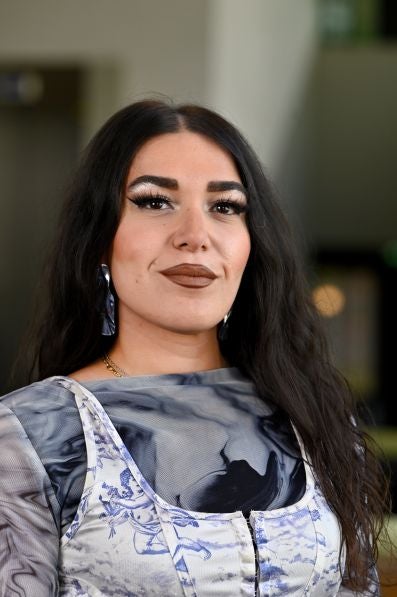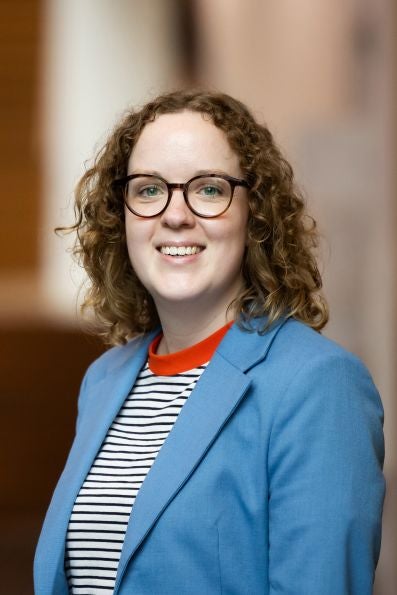Course description
The creation of new ventures is one of the most important economic issues of this time, all over the world. It is not limited to start-ups only, but also applies to the development of new activities by existing firms (among them corporates) and spin-offs by universities, company expansions, take-overs, and scale-ups, and much more.
Amsterdam offers a broad and interesting palette of entrepreneurs, firms and entrepreneurial organizations, this is called the Amsterdam entrepreneurial ecosystem. The Center for Entrepreneurship of the Vrije Universiteit Amsterdam (go to website here) plays an important role in the Amsterdam entrepreneurial ecosystem. Therefore, this international summer school is the right opportunity to study new venture creation and entrepreneurship.
This course follows a double approach. The first approach is the sustainable entrepreneurship approach, dealing with the economic, social, and ecological aspects of new ventures. The second approach is the life cycle of the firm approach, dealing with the changes of the firm and the entrepreneur during the life cycle of the firm.
Next to above-mentioned approaches, an important part of the content of this course is determined by the students themselves, who are expected to come up with their own business ideas and contributions, guided by the course lecturers.
After morning lectures which discuss topics as the Business Model Canvas for Start-ups and Scale-ups and the Amsterdam entrepreneurial ecosystem, in the afternoons the students work on practical assignments, with additional support from outside experts.
The course ends with the online elevator pitches of the team assignments, in a Dragon’s Den/Shark Tank setting.
Continue reading below for more information.

